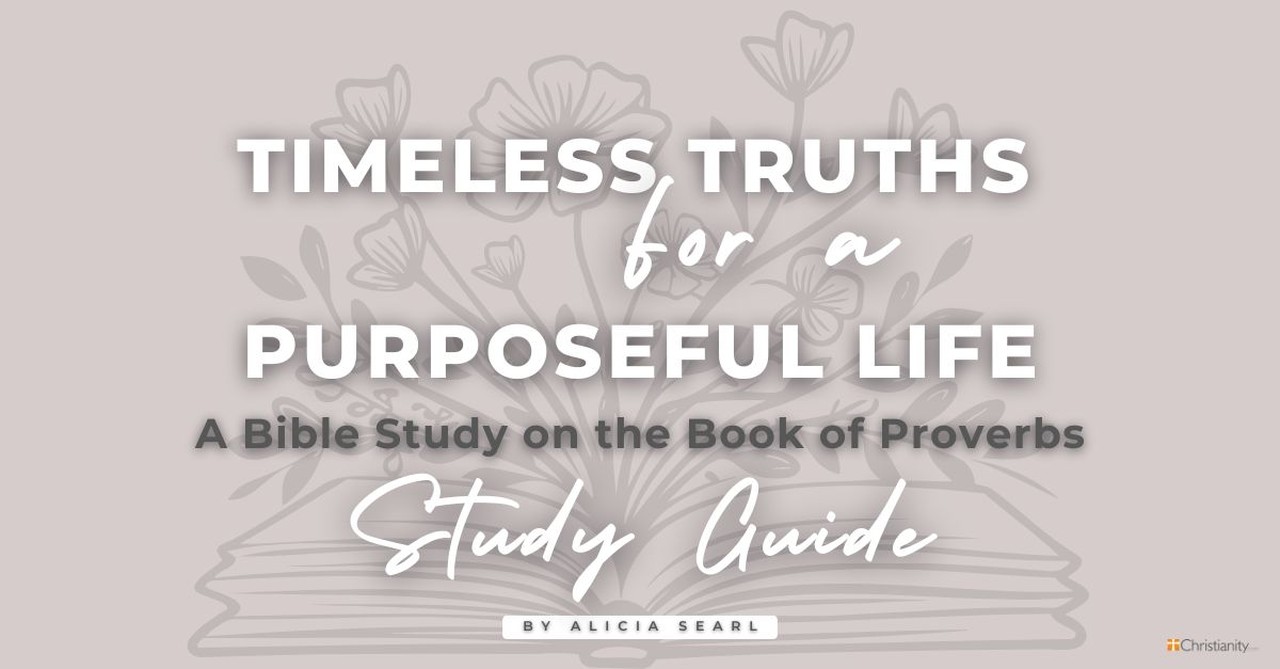Matthew 22:15-40
Paying Taxes to Caesar
15 Then the Pharisees went and took counsel how to entangle him in his talk. 16 And they sent their disciples to him, along with the Hero'di-ans, saying, "Teacher, we know that you are true, and teach the way of God truthfully, and care for no man; for you do not regard the position of men. 17 Tell us, then, what you think. Is it lawful to pay taxes to Caesar, or not?" 18 But Jesus, aware of their malice, said, "Why put me to the test, you hypocrites? 19 Show me the money for the tax." And they brought him a coin. 20 And Jesus said to them, "Whose likeness and inscription is this?" 21 They said, "Caesar's." Then he said to them, "Render therefore to Caesar the things that are Caesar's, and to God the things that are God's." 22 When they heard it, they marveled; and they left him and went away.
The Question about the Resurrection
23 The same day Sad'ducees came to him, who say that there is no resurrection; and they asked him a question, 24 saying, "Teacher, Moses said, 'If a man dies, having no children, his brother must marry the widow, and raise up children for his brother.' 25 Now there were seven brothers among us; the first married, and died, and having no children left his wife to his brother. 26 So too the second and third, down to the seventh. 27 After them all, the woman died. 28 In the resurrection, therefore, to which of the seven will she be wife? For they all had her." 29 But Jesus answered them, "You are wrong, because you know neither the scriptures nor the power of God. 30 For in the resurrection they neither marry nor are given in marriage, but are like angels in heaven. 31 And as for the resurrection of the dead, have you not read what was said to you by God, 32 'I am the God of Abraham, and the God of Isaac, and the God of Jacob'? He is not God of the dead, but of the living." 33 And when the crowd heard it, they were astonished at his teaching.
The Great Commandment
34 But when the Pharisees heard that he had silenced the Sad'ducees, they came together. 35 And one of them, a lawyer, asked him a question, to test him. 36 "Teacher, which is the great commandment in the law?" 37 And he said to him, "You shall love the Lord your God with all your heart, and with all your soul, and with all your mind. 38 This is the great and first commandment. 39 And a second is like it, You shall love your neighbor as yourself. 40 On these two commandments depend all the law and the prophets."


.jpg)

Matthew Henry's Commentary on Matthew 22:15-40
Commentary on Matthew 22:15-22
(Read Matthew 22:15-22)
The Pharisees sent their disciples with the Herodians, a party among the Jews, who were for full subjection to the Roman emperor. Though opposed to each other, they joined against Christ. What they said of Christ was right; whether they knew it or not, blessed be God we know it. Jesus Christ was a faithful Teacher, and a bold reprover. Christ saw their wickedness. Whatever mask the hypocrite puts on, our Lord Jesus sees through it. Christ did not interpose as a judge in matters of this nature, for his kingdom is not of this world, but he enjoins peaceable subjection to the powers that be. His adversaries were reproved, and his disciples were taught that the Christian religion is no enemy to civil government. Christ is, and will be, the wonder, not only of his friends, but of his enemies. They admire his wisdom, but will not be guided by it; his power, but will not submit to it.
Commentary on Matthew 22:23-33
(Read Matthew 22:23-33)
The doctrines of Christ displeased the infidel Sadducees, as well as the Pharisees and Herodians. He carried the great truths of the resurrection and a future state, further than they had yet been reveled. There is no arguing from the state of things in this world, as to what will take place hereafter. Let truth be set in a clear light, and it appears in full strength. Having thus silenced them, our Lord proceeded to show the truth of the doctrine of the resurrection from the books of Moses. God declared to Moses that he was the God of the patriarchs, who had died long before; this shows that they were then in a state of being, capable of enjoying his favour, and proves that the doctrine of the resurrection is clearly taught in the Old Testament as well as in the New. But this doctrine was kept for a more full revelation, after the resurrection of Christ, who was the first-fruits of them that slept. All errors arise from not knowing the Scriptures and the power of God. In this world death takes away one after another, and so ends all earthly hopes, joys, sorrows, and connexions. How wretched are those who look for nothing better beyond the grave!
Commentary on Matthew 22:34-40
(Read Matthew 22:34-40)
An interpreter of the law asked our Lord a question, to try, not so much his knowledge, as his judgment. The love of God is the first and great commandment, and the sum of all the commands of the first table. Our love of God must be sincere, not in word and tongue only. All our love is too little to bestow upon him, therefore all the powers of the soul must be engaged for him, and carried out toward him. To love our neighbour as ourselves, is the second great commandment. There is a self-love which is corrupt, and the root of the greatest sins, and it must be put off and mortified; but there is a self-love which is the rule of the greatest duty: we must have a due concern for the welfare of our own souls and bodies. And we must love our neighbour as truly and sincerely as we love ourselves; in many cases we must deny ourselves for the good of others. By these two commandments let our hearts be formed as by a mould.